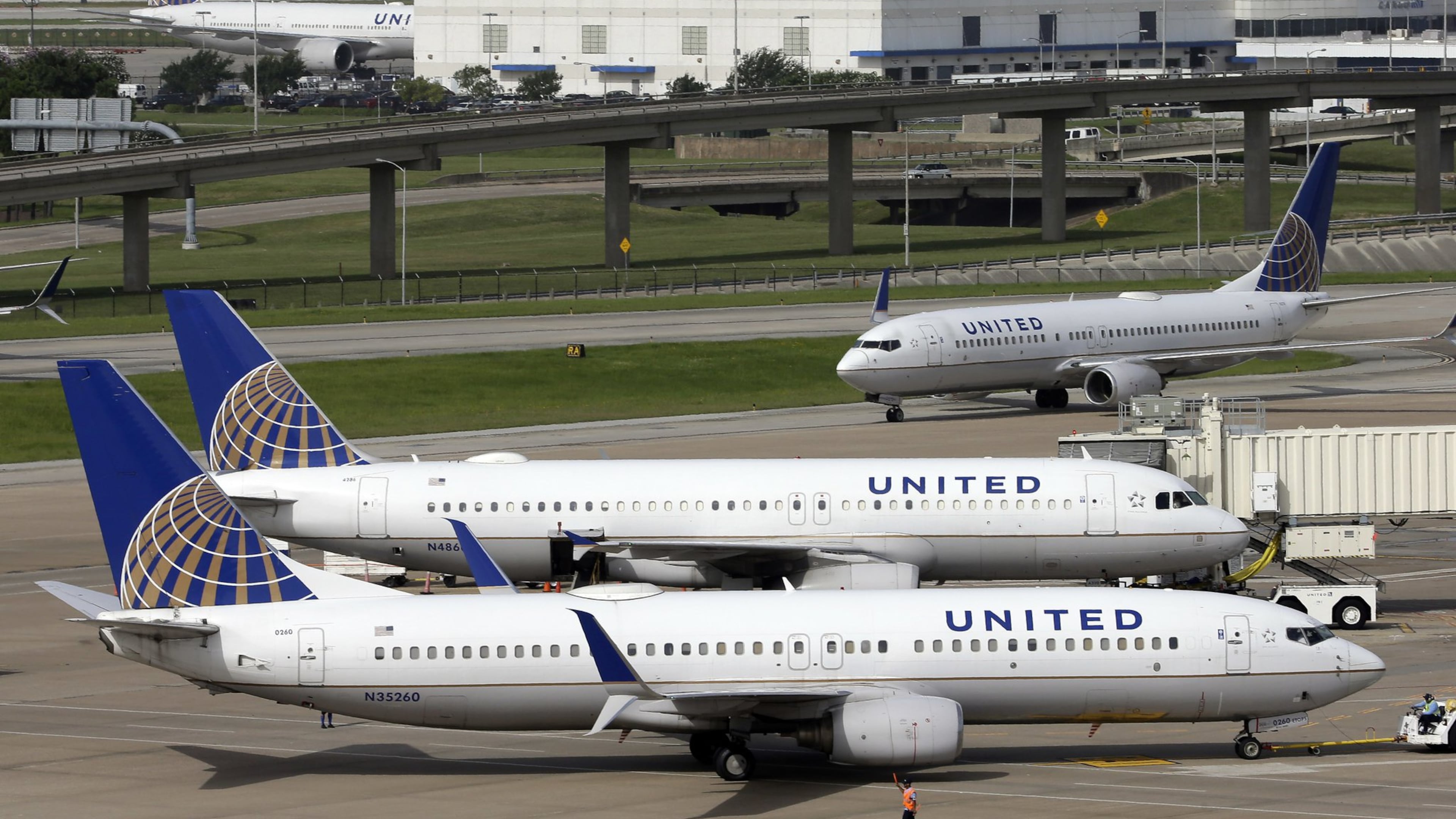Body odor just one reason airlines might boot you from flight

From bad body odor to being barefoot, U.S. airlines spell out reasons why passengers can be booted off flights they paid to be on.
The rules have fresh relevance in the wake of the firestorm over how a United Airlines passenger was dragged off a flight because the airline wanted to put a relocating crew member in his seat.
Airline contracts of carriage, which few passengers probably read, vary by carrier, but include reasons ticketed travelers may be refused flight.
Some are pretty basic, such as when a passenger refuses to provide requested proof of identification or declines to submit to a requested search for explosives or if the airline wants to comply with a government request for emergency transportation tied to national defense.
Delta Air Lines, the dominant carrier at Hartsfield-Jackson Atlanta International Airport, stipulates that it may remove passengers when it is "reasonably necessary in Delta's sole discretion for the passenger's comfort or safety, for the comfort or safety of other passengers or Delta employees, or for the prevention of damage to the property of Delta or its passengers or employees."
Among the examples it gives:
When the passenger’s conduct is disorderly, abusive or violent.
When the passenger is barefoot.
When the passenger appears to be intoxicated or under the influence of drugs.
When a passenger attempts to interfere with the flight crew or fails to obey their instructions.
If a passenger has a contagious disease that may be transmissible to others during flight.
When the passenger has “a malodorous condition.”
When the passenger is unable to sit in a seat with the seatbelt fastened.
When the passenger’s conduct creates an unreasonable risk of offense or annoyance to other passengers.
According to Delta’s terms, passengers won’t be entitled to compensation for being denied boarding if the traveler hasn’t complied with the Delta’s contract of carriage.
It stipulates that the carrier can remove any passenger for “unforeseeable conditions” including as a result of weather, acts of God, strikes, etc.
Also, passengers can be taken off the plane if they “cause a disturbance such that the captain or member of the cockpit crew must leave the cockpit in order to attend to the disturbance.”
Among other reasons United lists:
Not properly clothed.
Passengers in their ninth month of pregnancy who don’t have a recent doctor’s note clearing them for travel.
Not following the airline’s policy on smoking or use of smokeless products.
Being “unable to sit in a single seat with the seat belt properly secured, and/or are unable to put the seat’s armrests down when seated and remain seated with the armrest down for the entirety of the flight, and/or passengers who significantly encroach upon the adjoining passenger’s seat.”
Those “unwilling to follow UA’s policy that prohibits voice calls after the aircraft doors have closed, while taxiing in preparation for takeoff, or while airborne.”
United’s contract also states that passengers agree that if they engage in any of the listed activity and cause the carrier expenses, they agree to reimburse the airline for those costs.



